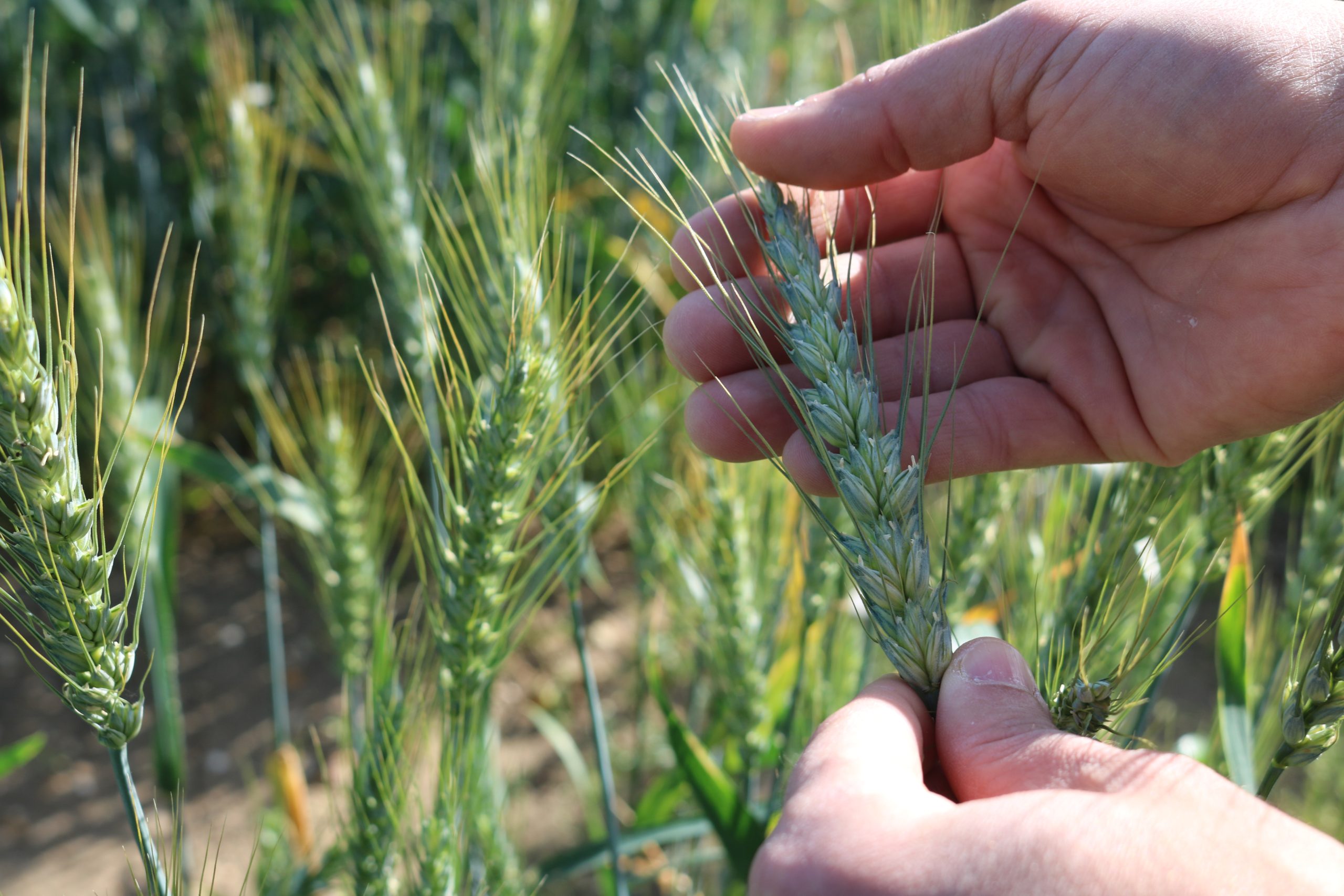Skip to the content
On this page, you can find answers to some of the most frequently asked questions about the PROBITY Project.
What is the PROBITY Project?
PROBITY stands for ‘A Platform to Rate Organisms Bred for Improved Traits and Yield’. It is a three-year multi-partner project £2.2m, funded by Defra’s Farming Innovation Fund, delivered by Innovate UK and led by the British On-Farm Innovation Network (BOFIN).
What are precision-bred crops?
Precision-bred crops are created using modern scientific techniques such as gene editing to produce genetic variance but without adding foreign DNA.
Are there any risks to growing these crops?
As the genetic variance could have occurred naturally, precision-bred crops pose no greater risk to the environment than traditionally-bred crops.
Where are the crops being grown?
The crops will be grown on up to 25 farms across England in the 2025/26 cropping season. The farms will be selected for the trials during 2025 from BOFIN members who express an interest and demonstrate competence in on-farm trials.
Will the crops enter the food chain?
During PROBITY, crops will be grown on commercial farms to show how they perform in real-world situations. Once harvested, the wheat will be processed into food products to assess performance, which may include testing by consumer panels. They will not be marketed as food products. The high-energy forage will be tested for nutrient content and digestion characteristics, ensiled and may be fed to cows in commercial dairy herds.
The material produced in the trials will not be consumed by either livestock or humans until the secondary legislation, covering novel foods and feed, is in place and regulatory approval has been granted. This process is currently underway and is expected to have been completed before the crops are harvested in 2026.
What’s the difference between Genetic Modification and Gene Editing?
Gene editing differs from genetic modification, as it allows beneficial traits to be produced without introducing DNA from other species. Instead, the technology enables breeders and scientists to follow processes that mimic natural breeding but in a highly targeted manner.
Why do we need to explore this technology?
Agriculture is under pressure to increase the yield and nutritional density of food crops while also mitigating and responding to climate change. Innovative approaches such as precision breeding will be key to achieving this.
Precision-bred crops are created using modern techniques such as gene editing, a widely used technology that enables scientists to make changes to plant DNA, like those that can occur naturally, but in a precise, targeted manner. It speeds up the process of breeding more productive, nutritional and sustainable crop varieties.
When did the law change around precision-bred crops in the UK?
The Genetic Technology (Precision Breeding) Act 2023 made provision for the release and marketing of certain gene-edited plants. This makes England currently the only country in Europe where this novel material can be grown in farmers’ fields. For the latest on the secondary legislation visit John Innes Centre website.


